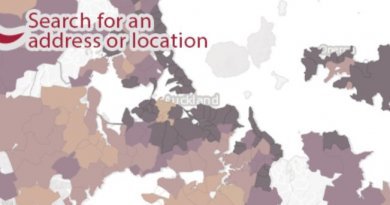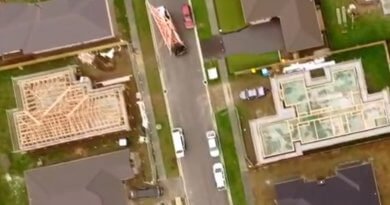Hard times bring catalyst for change
It has been a challenging time for everyone over the last few months, but I would like to acknowledge how our sector has responded – collaborating and supporting one another to ensure we can recover as quickly as possible.
It’s pleasing to see politicians recognising the building and construction sector as a vital part of New Zealand’s economy, as the country begins its economic recovery. We are interwoven into the social fabric of the New Zealand – building the homes, workplaces, and communities where we live. We employ over 250,000 workers and apprentices. This is our time to show our resilience and ability to deliver.
Health and safety protocols
The Construction Sector Accord has brought the sector together to collaborate and deliver positive outcomes.
A key example are the new health and safety protocols for commercial and residential builders working under the COVID-19 alert levels. We have worked with CHASNZ and other leading residential sector organisations to ensure workable protocols for strict physical distancing and new onsite hygiene procedures. This is a great example of how we can work together to respond to the issues which we are all facing. And it has been good to see our builders promoting and practicing these protocols on site.
The building and construction sectors economic recovery
With these ways of working now becoming our new normal, our focus shifts onto our economic recovery. Our sector has a big role to play.
Last year, building and construction was New Zealand’s third largest sector, directly contributing $19 billion to the country’s GDP.
Residential building forms the backbone of the sector, accounting for 60% of its revenue. While the large commercial and horizontal infrastructure projects usually gain the most public and media attention, we cannot lose sight of the residential sector and the impact it has on jobs and the economy.
Government announcements have sought to reduce the impact of COVID-19 on the economy and reduce barriers to building. Interest rates are low, and LVRs have been relaxed. Property continues to be a sound long-term investment. One way to help meet this shortage, provide consumer confidence, and help our sector as we recover from this economic shock is through the Government expanding their current assistance programmes that help Kiwis get into a brand-new home. First home grants and assistance for those New Zealanders whose personal situations have changed could help offset the forecasted drop in new build housing demand.
Business Resilience
Businesses need to be thinking about their resilience right now. While COVID-19 is producing significant short-term uncertainty, it is important that we begin to plan for the long-term. Across the sector our people are our greatest asset, the best thing businesses can do right now is retain staff.
The sector also needs to be thinking about creating sustainable cashflows, pricing jobs properly and developing robust communication throughout the chain, from the client to the gib-stopper. The sector will not be able to build resilience without addressing the issues that have continuously impacted growth.
There is an opportunity now to build back better, for businesses to adapt and for the sector to be more resilient – so we can continue to operate effectively during and after moments of crisis. This is our catalyst for change.




